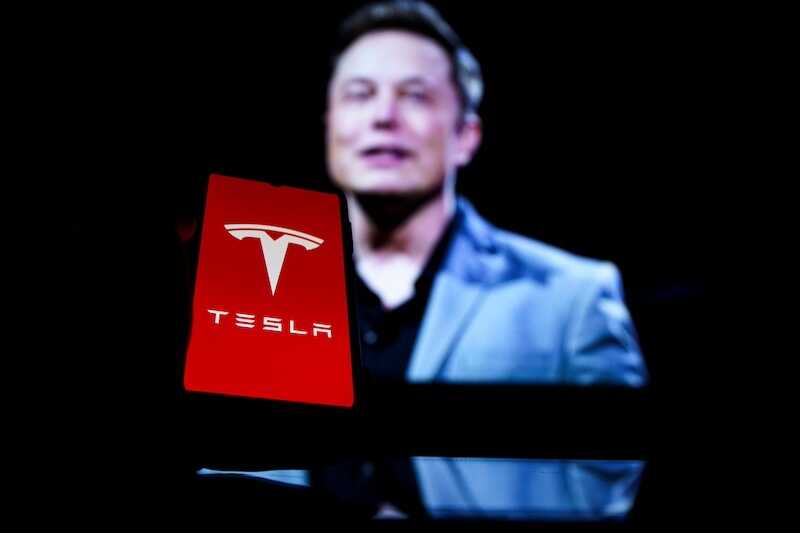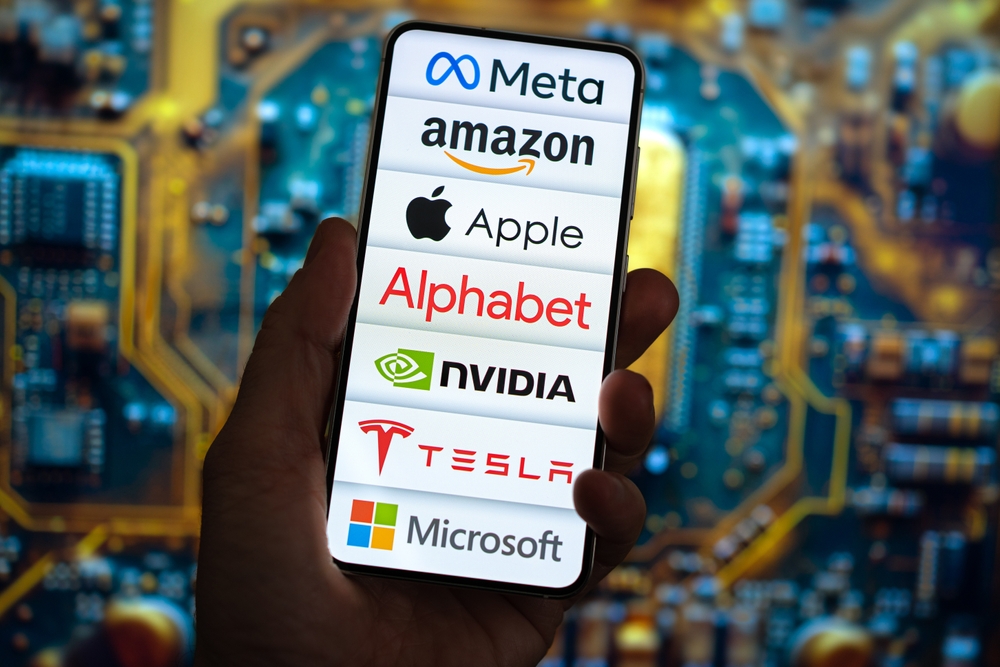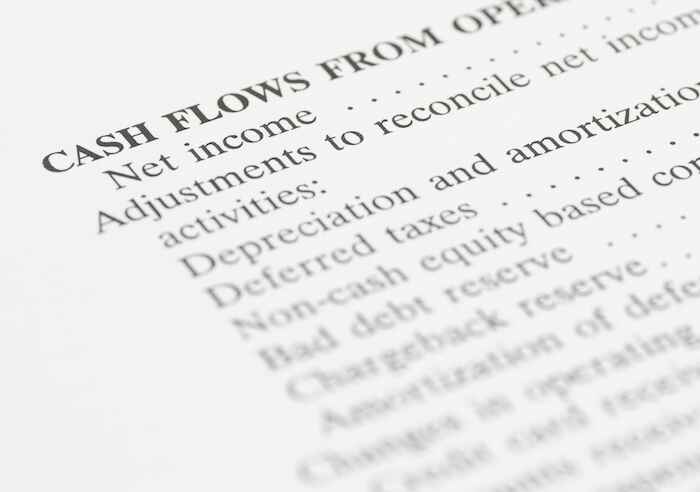If You Think Tesla Is a Car Company… Look at This
Andy Snyder|April 29, 2021
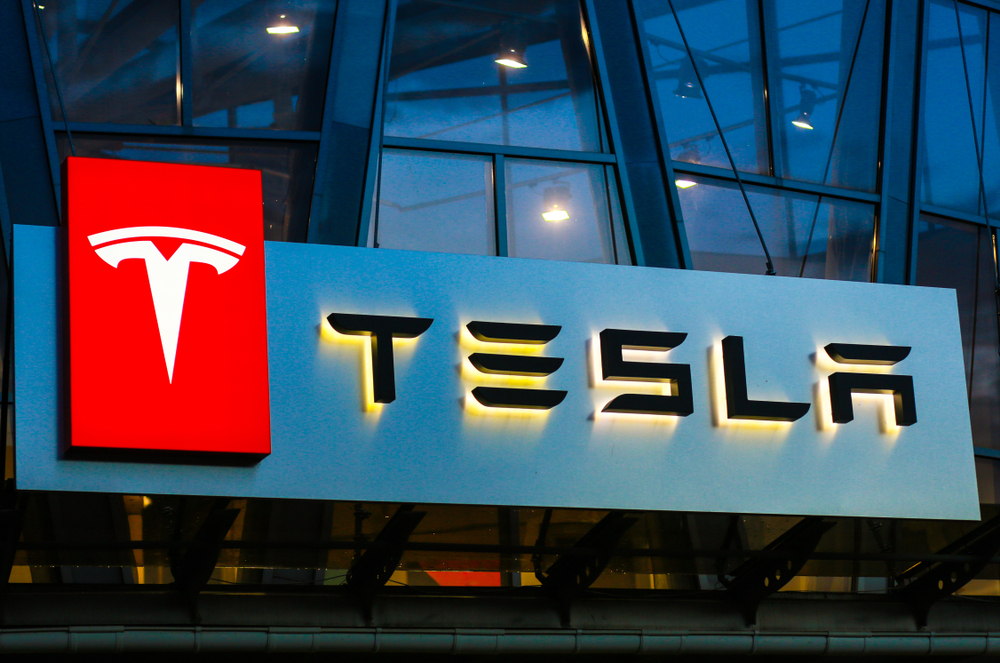
Is Tesla a sham?
Is the government covering up a boondoggle of its own sordid creation?
Monday’s earnings report offers some clues.
But before we get there, let us broaden the story a bit. It’s important you understand just how deep this idea runs.
We remember researching the ethanol boom in the early 2000s. As oil prices skyrocketed, everybody was turning everything into fuel.
Massive amounts of money were made by fast-moving investors.
Biodiesel stocks were hot. Companies making jet fuel from grass IPO’d. But it was the corn farmers who rejoiced the most.
They were given a huge payday.
With ethanol plants popping up all over the Midwest, the government’s initiatives no longer had them growing food. Now they were growing fuel.
Nearly 20 years later, the boom continues.
Thanks to generous laws (and the buying of critical rural votes), our gasoline contains at least 10% ethanol… even though the economics no longer make sense.
Corn-based fuel was supposed to break our addiction to expensive foreign oil. Now it’s competing with America’s own oil boom.
Oops.
Like all good government programs… all parties involved are now addicted to Washington’s gooey teat. America’s heartland would ache if ethanol mandates suddenly went away.
And now… it’s Tesla’s turn.
Elon’s Big Subsidy
If you paid attention to the company’s earnings report on Monday night, you may have heard Tesla solidly beat its earnings estimates.
To the folks with green-tinted glasses and the folks who believe Elon Musk is the face of a revolution, the news was good.
To the folks wary of the next big government boondoggle, the news was a bit more telling.
If you read only the highlights from the lazy financial press, here’s what you may have missed…
While Tesla reported operating income of $594 million, it was not made in a way we’d expect an electric car company to make its money.
The profit comes straight from a little-discussed emerging market known as regulatory credits. They accounted for $518 million of the profit. (More than $100 million in proceeds from Bitcoin sales accounted for the rest.)
These credits are given to electric carmakers by various forms of government as an incentive to produce “green” vehicles.
The programs are quite simple. If a carmaker doesn’t have enough credits at the end of the year, it could face hefty fines and penalties.
It can either earn the credits by making cars that pollute less… or buy credits from a company that does.
Major manufacturers like Fiat Chrysler (FCAU) don’t make enough electric vehicles to earn the required number of credits. It means they need to buy them from companies like Tesla.
And since Tesla gets them for free, the $1.2 billion that Fiat has pledged to purchase from Musk and his gang is pure profit.
Again, it is Tesla’s leading source of profits these days.
It makes Tesla sketchy.
It makes it just another boondoggle that can’t survive without the aid of a legislator’s pen.
At least that’s the idea if we believe Tesla is just a car company.
If we see it as a way to play this emerging new market, things become a whole lot clearer… and a whole lot more lucrative.
And here’s the really bullish part… Tesla is far from the only company taking advantage of this credit system.
Airlines, oil companies, cruise lines… Amazon, Google, all the big boys are getting in on the action. And thanks to new rules just proposed by Biden, the program is likely to soon expand in a very big way.
Environmental credits are becoming a huge part of the “green” economy.
They can be bought, sold and earned by big companies, small companies… and even everyday investors.
The system is still in its infancy. Some parts look disastrous. But from a Liberty lover’s perspective, there is great hope that a new free market, blockchain-based solution will ultimately take charge.
We’ve been studying the action and like what we see. In fact, we like it so much, we dedicated much of our next issue of Manward Letter to the profit opportunity within it (it’s due out next week).
Elon Musk is far from dumb.
But he’s not a carmaker.
These days, he’s an environmental credit trader.
There’s a lot of money in it.
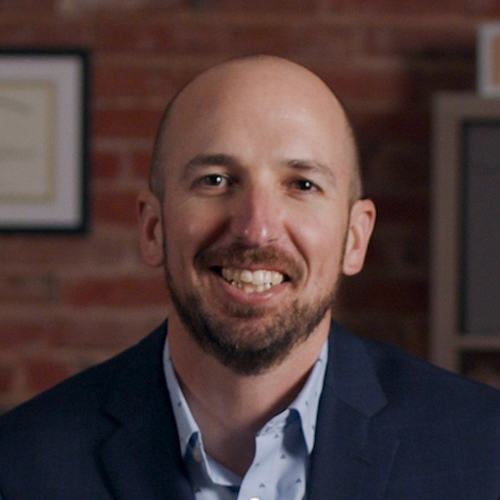
Andy Snyder
Andy Snyder is an American author, investor and serial entrepreneur. He cut his teeth at an esteemed financial firm with nearly $100 billion in assets under management. Andy and his ideas have been featured on Fox News, on countless radio stations, and in numerous print and online outlets. He’s been a keynote speaker and panelist at events all over the world, from four-star ballrooms to Capitol hearing rooms.


